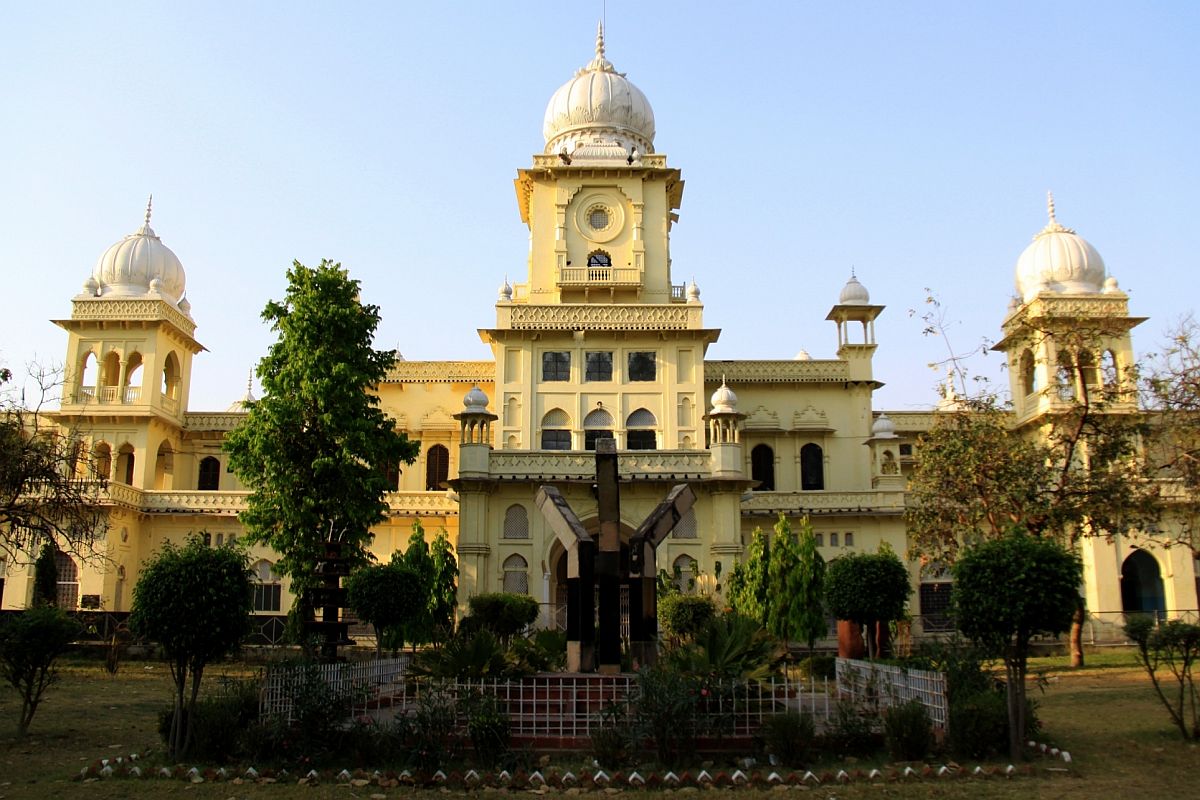Empowering Voters
Many skeletons are tumbling out of the cupboards of election bonds and many more will, highlighting the unholy nexus between political parties and businesses.
The Lucknow University (LU) refused to provide the information sought by the people who filed the Right to Information (RTI) unless they furnished the proof that they were Indian citizens.

Lucknow University. (Photo: IANS)
Even as protests against the Citizenship Amendment Act (CAA) continue to rage across the country, Lucknow University has queered the pitch by demanding citizenship proof from RTI applicants.
The Lucknow University (LU) refused to provide the information sought by the people who filed the Right to Information (RTI) unless they furnished the proof that they were Indian citizens.
Alok Chantia, one of the RTI applicants who was refused information by the varsity, said that he had lodged a complaint with the vice-chancellor of the varsity but even then he could not get the desired information.
Advertisement
“It is shocking how the university has twisted the RTI law as per its whims and fancy. It does not have any authority to do so,” said the RTI applicant.
Chantia, also a faculty member at a degree college here, had sought details of appointment of teachers for self-financed courses and their pay scale.
“It is possible that some applicants who may not be familiar with the provisions of the RTI, may have furnished proof of their citizenship to the varsity to get the information but that cannot become a rule,” he pointed out.
When contacted, university officials admitted that such a practice had been going on in the varsity for the past few years.
“This practice started during the tenure of the former vice-chancellor SP Singh and still continues,” said a senior varsity official.
Protests have erupted across the nation with violence and arson emerging from different parts of Delhi, West Bengal, Uttar Pradesh and the northeastern states of Assam, Tripura and Manipur after the citizenship law was amended.
According to the amended law, members of Hindu, Sikh, Buddhist, Jain, Parsi and Christian communities, who have come from Pakistan, Bangladesh and Afghanistan, till December 31, 2014, facing religious persecution there, will not be treated as illegal immigrants but given Indian citizenship.
(With inputs from IANS)
Advertisement